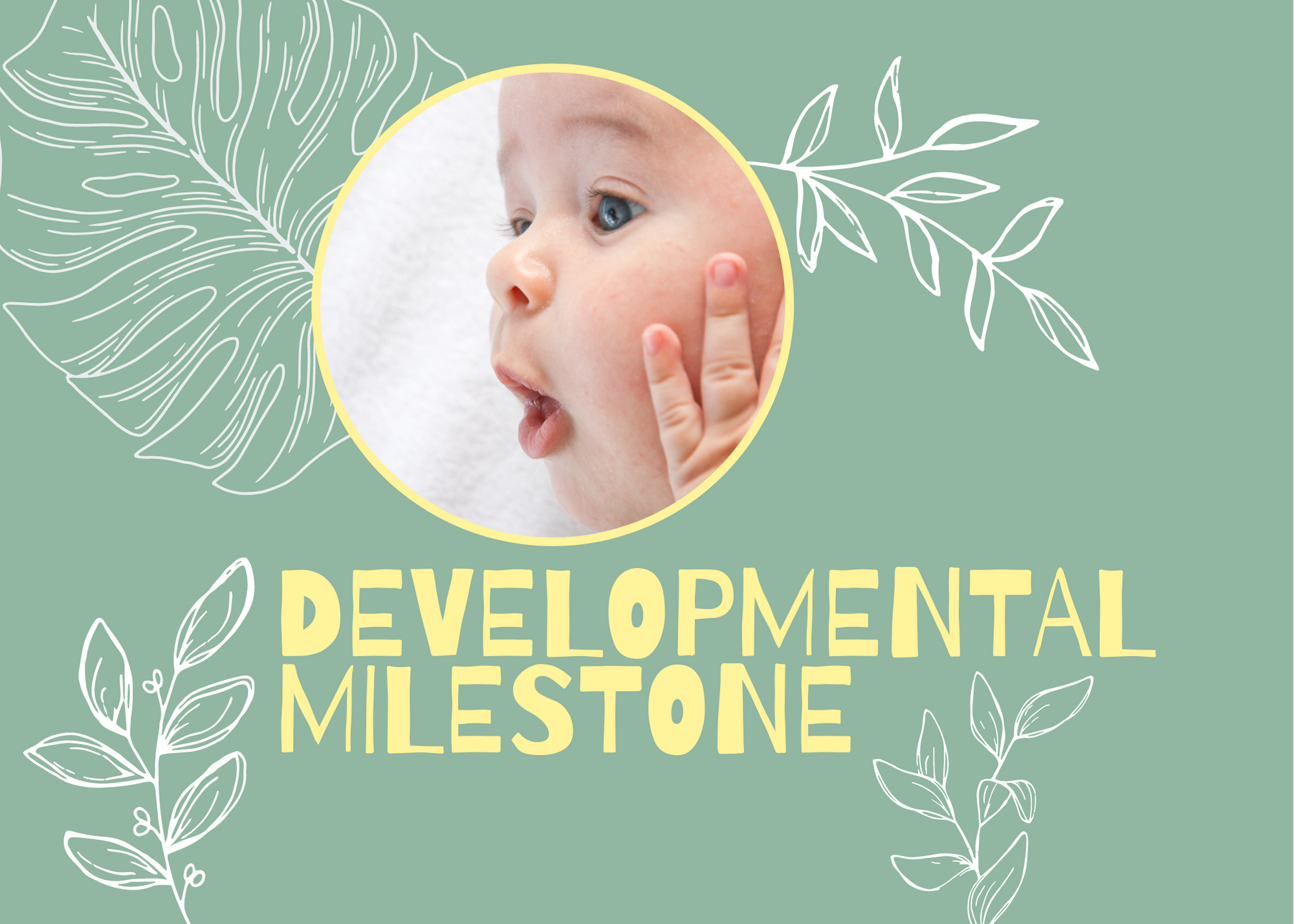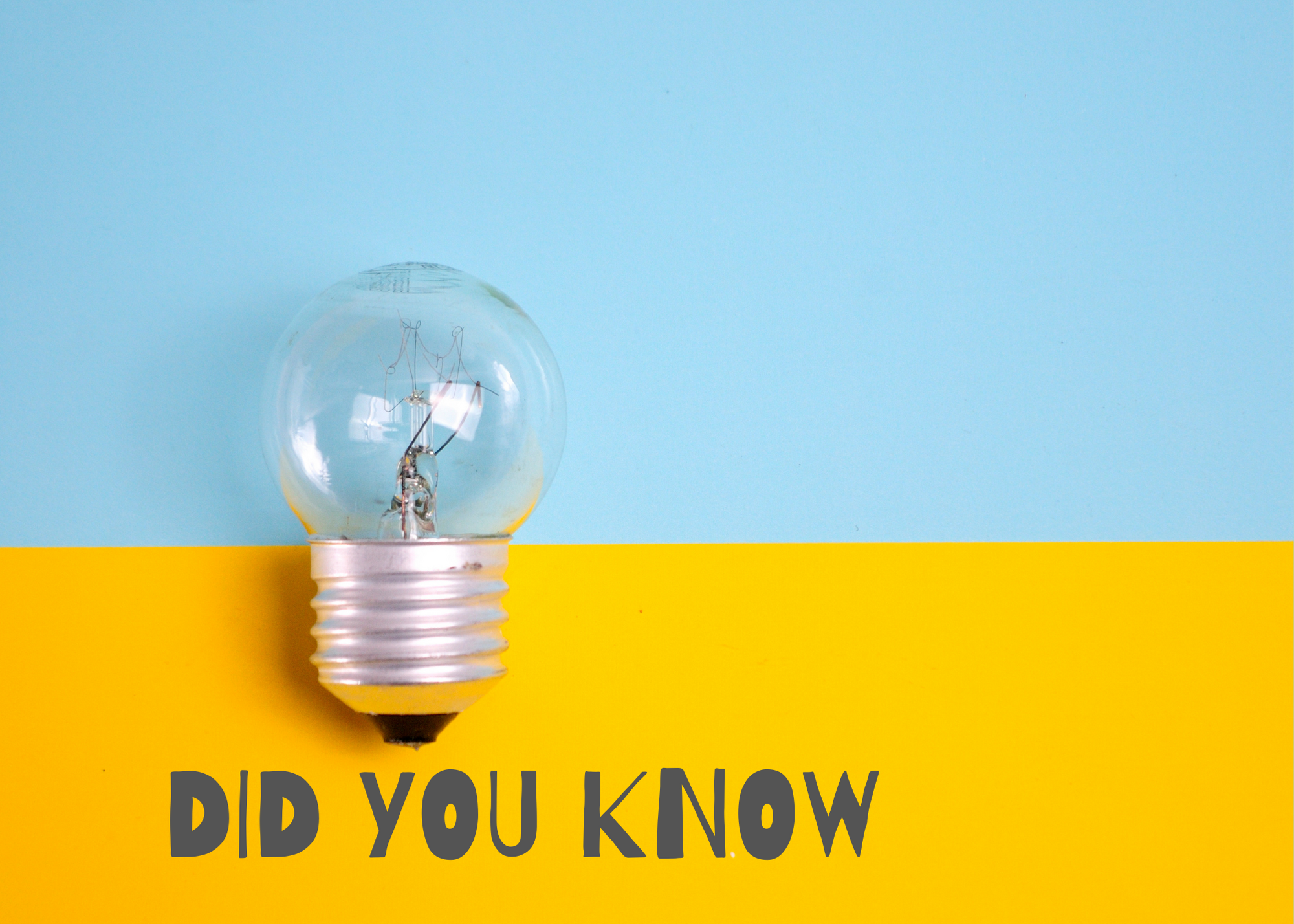
11 Months
Developmental:
Sleeping Babies will sleep typically 11 hours a night, many straight through and including about 2 daily naps that will add up to 3 to 4 hours.
Movement: Almost all toddlers at this age are trying to walk while holding onto something. They will also try to stand alone for a short time. Some will still be crawling all around. Each child’s development differs. The child will also often be able to clap their hands, wave their arms, and raise their arms to be picked up. They will have more strength and control, so watch out for flying objects. They might also start hair pulling.
Brain Development: By now, your toddler will have developed their own attitude and personality. Some will protest at what you say. This is normal development, and your baby is starting to become their own individual. They also can follow simple directions that you tell them.
Language: They’ll start putting words together such as “mama” or “dada” and can copy sounds and gestures you make.
Physical: The baby’s physical growth is slowing down as they burn more calories moving around. They’re crawling, playing, and just exploring the world.
Social-Emotional Milestone
Toddlers at this age can pick up signs of emotion. They can tell how you feel through the tone and warmth of your voice.
Did You Know?
Did you know? An 11-month old baby usually needs about 14 ½ hours of sleep a day.
Did you know? For Bilingual families, this is a good time to start talking to your baby in a second language. Learning two languages at a very young age means they’ll be more proficient at both later in life.
Did you know? When your little one is just starting to learn how to walk, they haven’t spent that much time on their feet yet. Their hip ligaments are still loose so you will see their legs and feet rotated outwards. This is called “out-toeing”. These ligaments should tighten after year one.
Action Items:
When your baby gets fussy and tries to protest while you’re trying to do something with them, try distraction techniques: “Look over there!” Point to a recognizable object and make this a teaching moment.
To practice walking, use pull and push toys like a baby doll stroller, shopping carts, or activity center on wheels. Practicing against furniture is also another practical way of doing things.
Continue to provide toys for babies that will develop their skills: Blocks, stacking toys, puzzles, shape sorters, musical toys. For 11-month-old babies, toys that help build their imagination and hand-eye coordination is best.
Babies may also begin to respond to danger warnings. It’s ok at this time to set fair limits but this must be reinforced lovingly. “Don’t touch, that’s dangerous” can be said in gentle or firm tones. You must be consistent though with your response.



